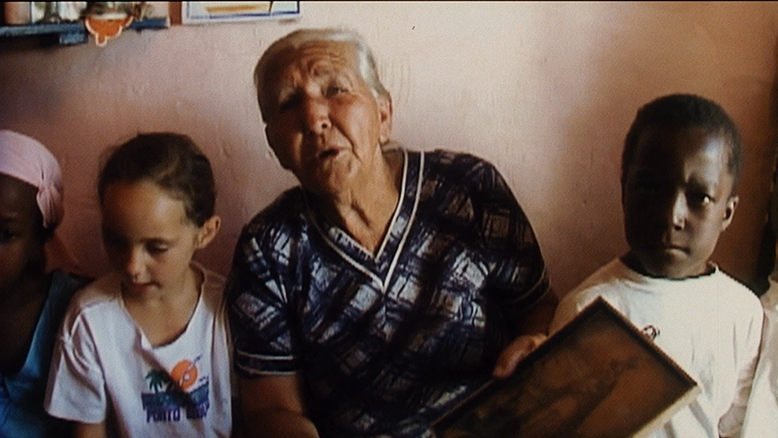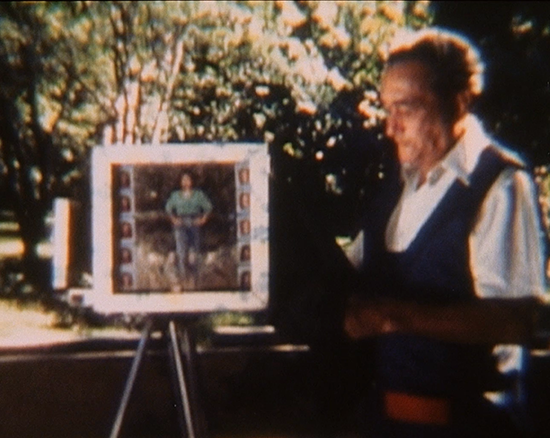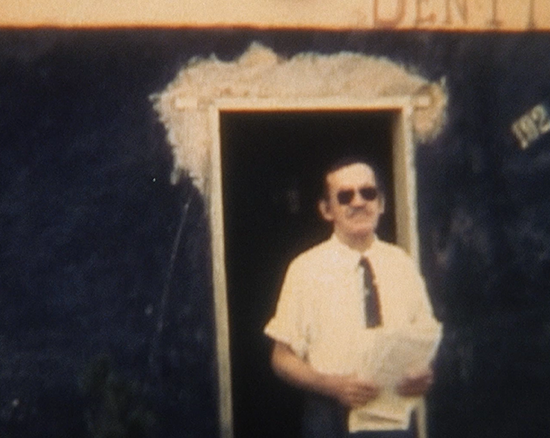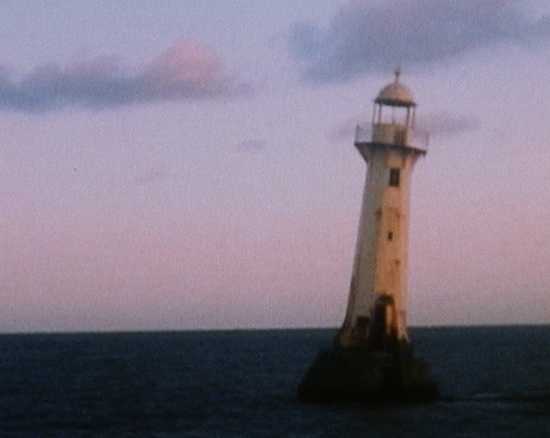
O fim do sem fim
Cao Guimarães
In this documentary, the directors set out on a journey through remote towns and villages in Brazil in search of crafts and professions that are near extinction. Filmed in the late 1990s and released in 2001, the work shows the imminent turn of the century, and the new millennium appears in the ominous imaginary of many outspoken characters whose “street philosophies” reflect upon a rapidly changing era. Twenty years later, the COVID-19 pandemic, a looming ecological catastrophe, and overall political and economic instability and uncertainty present a global crisis unlike any experienced before in modern times. This film helps us rethink what technological progress has brought to our lives, and how radically it has changed the social, creative and behavioral fabric of our societies. Yet, far from a nostalgic take on romantically framed, disappearing ways of life, this film, shot in ten different Brazilian states, portrays the unique creativity, joy, and inventive power found among people with little formal education and often living in dire conditions at the margins of urban centers. Three of the most eccentric characters, self-named “masters,” remind us of medieval masterminds and innovators, or philosophers and sages that could have been roaming the streets of Athens 2,000 years ago. O fim do sem fim is as inspiring and humorous as it is political and serious. But it is also an experimental journey exploring new ways of telling stories about real life. The film is known across Brazil for its uniquely intuitive and aesthetic approach to documentary filmmaking, interweaving spontaneous narrative with carefully shot landscapes and paying careful attention to human gesture and photographic detail.
Cao Guimarães works on the crossing between the cinema and the visual arts. With intense production since the late 80s, the artist has been collected by prestigious names such as Tate Modern (United Kingdom), MoMA and the Guggenheim Museum (USA), FondationCartier (France), Colección Jumex (Mexico), Inhotim (Brazil), Museo Thyssen-Bornemisza (Spain) and others.
Veronica Cordeiro is a Brazilian artist, curator and writer based in Montevideo, Uruguay. Constantly exploring the possibilities of art as an agent and platform of growth and transformation, in the last twenty years Veronica has organised countless projects in several countries where art, exhibition, personal experience, conversations, inter-disciplinary debates, educational platforms and institutional commissions have been pushed from their conventional settings in order to open up new forms of knowledge and experience. She began her curatorial training at the 24th Bienal de São Paulo (Antropofagia, 1998) and after completing an MA in Visual Anthropology in London in 2008 and starting a PhD as an ethnographic artist and researcher, she moved to Uruguay in 2009 where she the ongoing project Curating in Context, the monthly live art critique sessions called Plato Crítico, courses in curatorial practice and the creative process, experimental art residencies and shows, etc. In 2013 Veronica created the curatorial department of the Centro de Fotografía de Montevideo (CdF) and developed the new international photography festival MUFF (Montevideo Uruguay Festival de Fotografía). In 2018, she left CdF to concentrate on Procesual, a year-long creative processes laboratory that offers an innovative methodology to art-making, understanding the artistic process as a vital force of creation in its intrinsic relationship with life itself. In 2019, Veronica launched a textile design project that seeks to revitalize and support ancestral weaving techniques which are becoming obsolete in many Latin American regions through innovative design, adding value to local craftsmanship and empowering traditional communities.
Notes for Tomorrow is a traveling exhibition organized and produced by Independent Curators International (ICI) and initiated by Frances Wu Giarratano, Jordan Jones, Becky Nahom, Renaud Proch, and Monica Terrero. The exhibition was made possible with the generous support of the Andy Warhol Foundation for the Visual Arts, VIA Art Fund and ICI’s Board of Trustees and International Forum.![]()
![]()
![]()
We are on Treaty 1 Territory. Plug In ICA is located on the territories of the Anishinaabeg, Cree, Oji-Cree, Dakota, and Dene peoples, and the homeland of the Métis Nation. Our water is sourced from Shoal Lake 40 First Nation.
Plug In ICA extends our heartfelt gratitude to our generous donors, valued members, and dedicated volunteers. We acknowledge the sustaining support of our Director’s Circle. You all make a difference.
We gratefully acknowledge the support of the Canada Council, the Manitoba Arts Council and Winnipeg Arts Council. We could not operate without their continued financial investment and lobbying efforts.
Plug In ICA relies on community support to remain free and accessible to all, and enable us to continue to present excellent programs. Please consider becoming a member of Plug In ICA and a donor at https://plugin.org/support or by contacting Erin at erin@plugin.org.
For more information on public programming and exhibitions contact Allison Yearwood at allison@plugin.org.
For general information, please contact: info@plugin.org or call 1.204.942.1043





